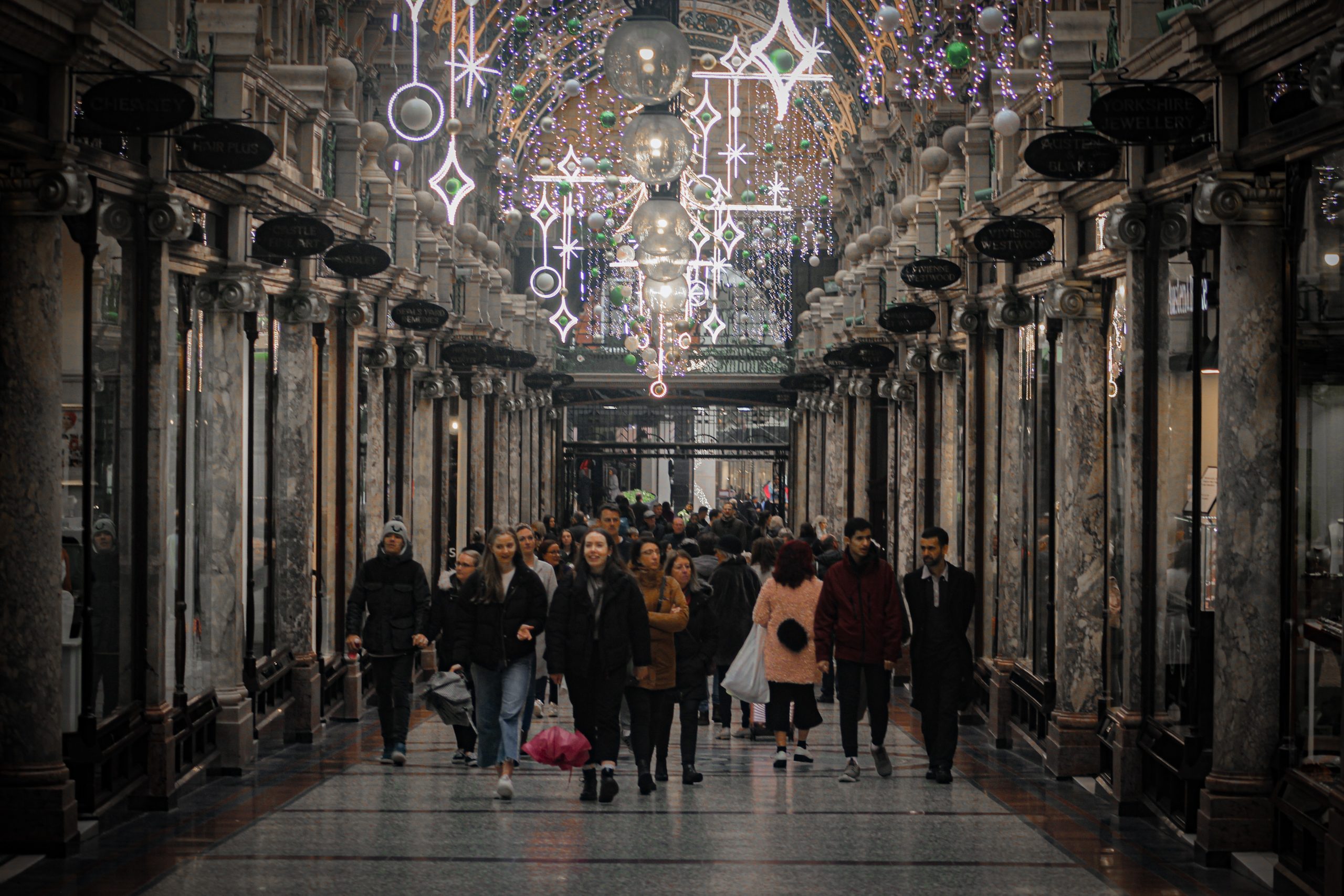Research from Gumtree shows that if shoppers bought second-hand items, they could save collectively over £4 billion (around £81 per person).
Zero Waste Leeds stresses the importance of buying second-hand especially during the holidays with their #ZeroWasteChristmas campaign. This helps people to find different sustainable ways for gift shopping instead of buying new items. Buying online is very popular this year, but the initiative says that there are also valid options for buying second-hand online too, like eBay and Vinted.
In a statement to the Gryphon, Zero Waste Leeds said “It can sometimes take a little bit of extra effort but as well as saving your money, second-hand has an important environmental impact”.
ThredUp is one of the most famous second-hand platforms worldwide where you can buy and/or sell items, specifically clothes. Every year they release a Resale Report where they outline consumer trends, statistics about the second-hand market and how it did as a company during that specific year.
The 2020 Resale Report showed that, in comparison to last year, the online thrifting business grew by 27%. Whereas the retail sector shrank by 23%.
The report also highlighted that 50% more of individuals are decluttering their closet than pre-Covid times. Moreover, there were as many as 6 times more “Donation Clean Out Kits” given away by ThredUp in April than previous months.
There are also other platforms which encourage the purchase of second-hand items, like Depop (with over 21 million users), WAKEcup (which sells reusable cups and cutlery) and Preloved (with over 7 million users selling items related to home and garden spaces).
According to WRAP, 620,000 tonnes of used clothes were recycled in 2019. However, it also highlighted how families in the UK continue to spend more on clothes as over £60 billion were spent on them in 2018.
With many retail shops closed across Europe due to lockdown restrictions, some are warning that up to a third of non-food stores could close this winter. Christian Verscheun, Eurocommerce director-general, told the Financial Times that this festive period is crucial for retailers.
According to a 2020 report regarding Christmas shopping behaviour in the UK by Finder, people will spend £37 less on Christmas gifts this year compared to 2019.
The most common reasons people gave regarding their reduced budgets for festive shopping, was that the pandemic has had consequences on their finances, others didn’t want to go to the shops and didn’t know if they’ll visit friends or family this year to give them gifts.
Fashion being one of the biggest contributors of pollution worldwide, ThredUp’s 2020 Resale Report highlights this stating that 1 in 2 individuals throw away their unwanted textiles.
It also states that selling a used dress can diminish the environmental impact of it’s carbon emissions by almost 80%.
People aged 24 or younger are the generation leading the second-hand market, as consumers now feel as good about buying used clothes as adopting a puppy (Global Data Consumer Survey).
According to Lyst Year in Fashion 2020 report, sustainable fashion was also a big trend this year. Internet searches including words relating to second-hand items jumped 104% in September, with wedding dresses being one of the newly-sought items.
Photo credit: Abdullah Ali / Unsplash

